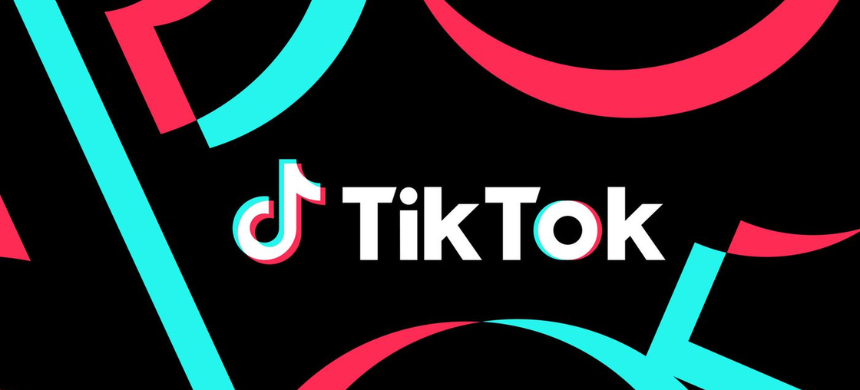TikTok is at the heart of a significant legal battle as the US Court of Appeals for the DC Circuit hears arguments in its challenge to a law requiring ByteDance, its Beijing-based parent company, to divest its US operations or face a ban. The law, passed in April, is part of a broader US effort to limit Chinese business influence due to national security concerns.
The US government has raised issues about ByteDance’s data collection and content manipulation, which it claims poses security risks. Meanwhile, TikTok argues that banning the app would infringe on the free speech rights of its 170 million US users under the First Amendment.
The case reflects broader US efforts to curtail Chinese economic influence, with bipartisan support in Congress. Recently, the House voted to ban Chinese biotech firms from federally-funded contracts, and more legislative actions targeting China are expected.
Also Read: TikTok faces intense scrutiny in court as it challenges a US law
In court, TikTok’s lawyer, Andrew Pincus, argued that the platform is being unfairly singled out and that the government hasn’t provided sufficient evidence to justify the ban under strict scrutiny, a legal standard requiring the government to prove its action is the least restrictive way to achieve its goal. The three-judge panel, however, seemed skeptical of TikTok’s defense, especially as Circuit Judge Sri Srinivasan raised a hypothetical scenario involving media ownership during wartime, questioning whether foreign-controlled media should be exempt from similar restrictions.
If TikTok loses the case, it plans to take the matter to the Supreme Court. The decision will be critical as January 19, 2024, approaches, the deadline for TikTok to either divest its US operations or face a ban.











